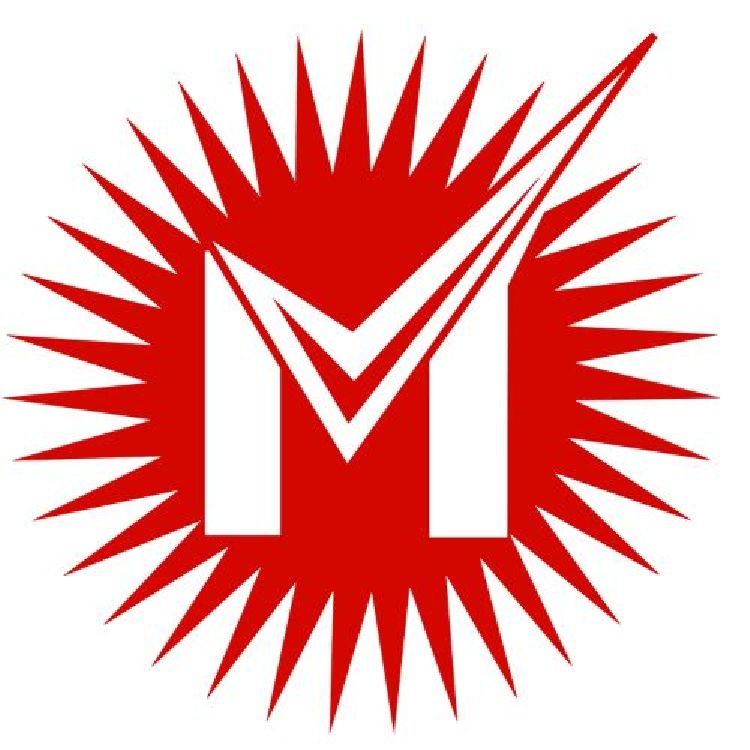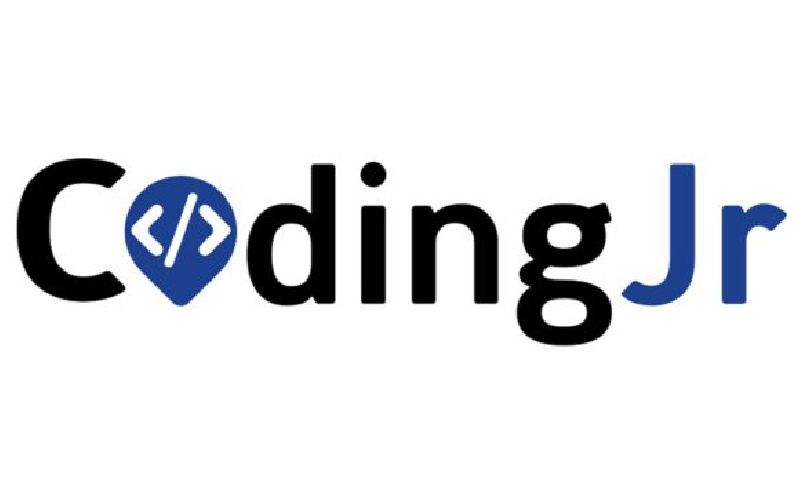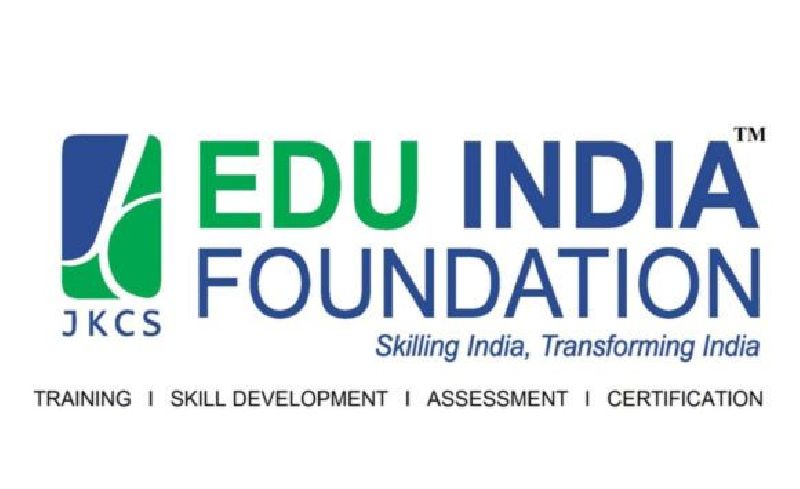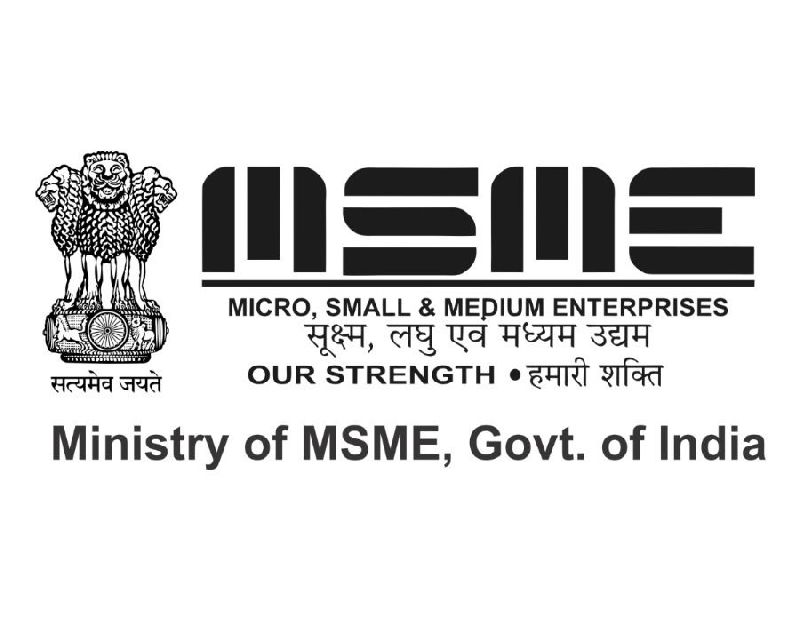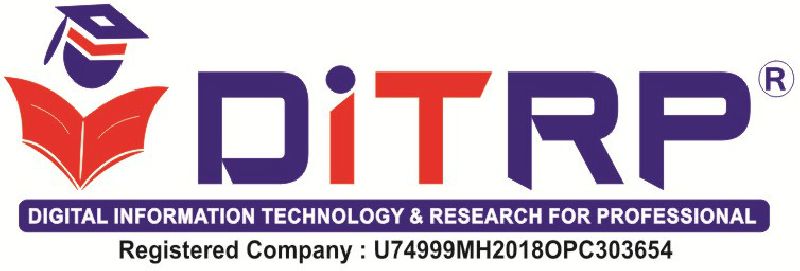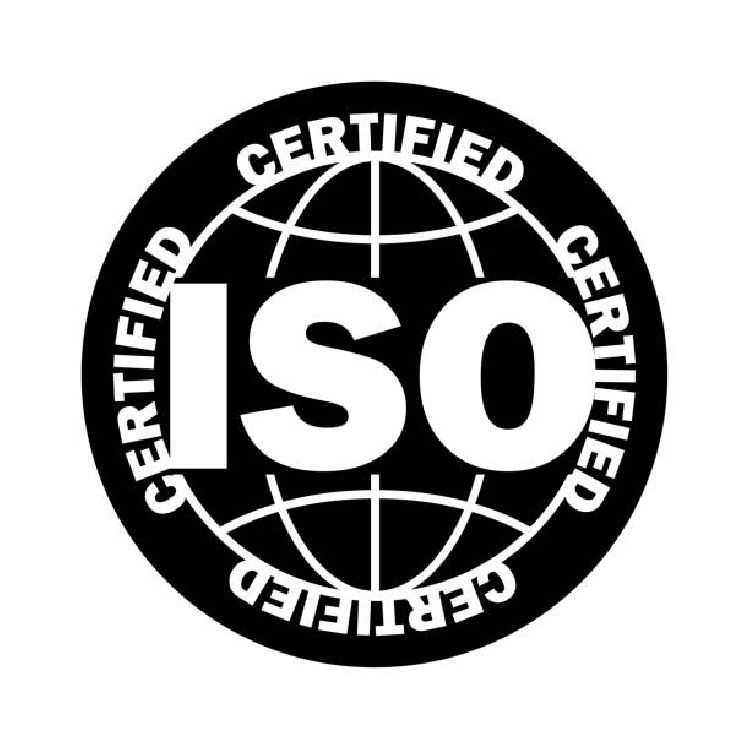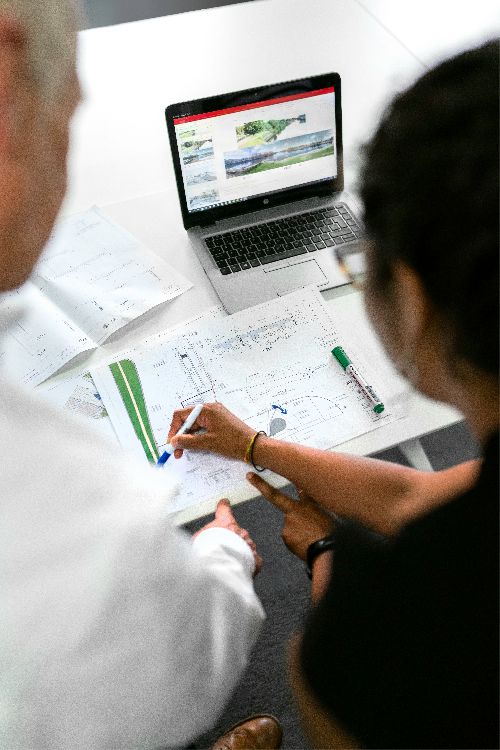
IIT-JEE Course Syllabus
The IIT JEE Exam Preparation Course is designed to comprehensively cover the subjects of Physics, Chemistry, and Mathematics, ensuring that students are well-prepared for the rigorous Joint Entrance Examination.
Physics
The Physics syllabus encompasses a broad range of topics fundamental to understanding the physical world. In Mechanics, students explore Kinematics, which deals with the motion of objects without considering the forces causing such motion, and the Laws of Motion, focusing on Newton's principles that describe the relationship between a body and the forces acting upon it. The curriculum also delves into Work, Energy, and Power, examining how energy is transferred and conserved. Rotational Motion covers the dynamics of bodies in rotation, while Gravitation addresses the forces of attraction between masses. Thermodynamics introduces the laws governing heat and energy transfer. Electromagnetism includes Electrostatics, studying electric charges at rest; Current Electricity, focusing on the flow of electric charge; and Magnetic Effects of Current and Magnetism, exploring magnetic fields and their interactions. Optics investigates the behavior of light, including reflection and refraction, and Modern Physics covers advancements such as quantum mechanics and nuclear physics.
Chemistry
The Chemistry syllabus is divided into three main branches: Physical, Organic, and Inorganic Chemistry. Physical Chemistry topics include the Mole Concept and Stoichiometry, which involve quantitative aspects of chemical reactions; Atomic Structure, detailing the composition and behavior of atoms; Chemical Thermodynamics, focusing on energy changes in reactions; Solutions, examining solubility and concentration; Chemical Kinetics, studying reaction rates; and Surface Chemistry, which looks at phenomena occurring at interfaces. Organic Chemistry covers the Basic Concepts of Organic Chemistry, introducing the structure, properties, and reactions of organic compounds; Hydrocarbons, detailing alkanes, alkenes, and alkynes; Haloalkanes and Haloarenes, discussing halogenated hydrocarbons; Alcohols, Phenols, and Ethers, focusing on oxygen-containing compounds; and Aldehydes, Ketones, and Carboxylic Acids, which are key functional groups in organic synthesis. Inorganic Chemistry includes the Periodic Table and Periodicity, exploring trends among elements; Chemical Bonding, detailing how atoms combine; Coordination Compounds, focusing on complex ions; and p-Block Elements, discussing groups 13 to 18 of the periodic table.
Mathematics
The Mathematics syllabus is comprehensive, covering essential topics required for the IIT JEE examination. In Algebra, students study Sets, Relations, and Functions, which form the foundation of mathematical logic; Complex Numbers and Quadratic Equations, introducing numbers in the complex plane and their applications; Matrices and Determinants, essential tools for solving linear equations; the Binomial Theorem, providing a quick way to expand binomials; and Sequences and Series, examining ordered lists of numbers and their summations. Calculus includes Limits and Continuity, fundamental concepts for understanding change; Differentiation, focusing on rates of change; Integration, the reverse process of differentiation; and Differential Equations, involving equations that describe various phenomena. Coordinate Geometry covers Straight Lines, analyzing linear equations in the plane; and Conic Sections, studying curves like ellipses, parabolas, and hyperbolas. Trigonometry involves Trigonometric Functions, exploring relationships between angles and sides of triangles; Trigonometric Identities, providing tools for simplifying expressions; and Inverse Trigonometric Functions, dealing with the inverse operations of trigonometric functions. Probability and Statistics cover Probability, the study of chance and uncertainty; and Statistics, focusing on data analysis and interpretation.
This structured approach ensures that students develop a deep understanding of each subject, equipping them with the knowledge and problem-solving skills necessary to excel in the IIT JEE examination.
To see the detailed syllabus: Click here
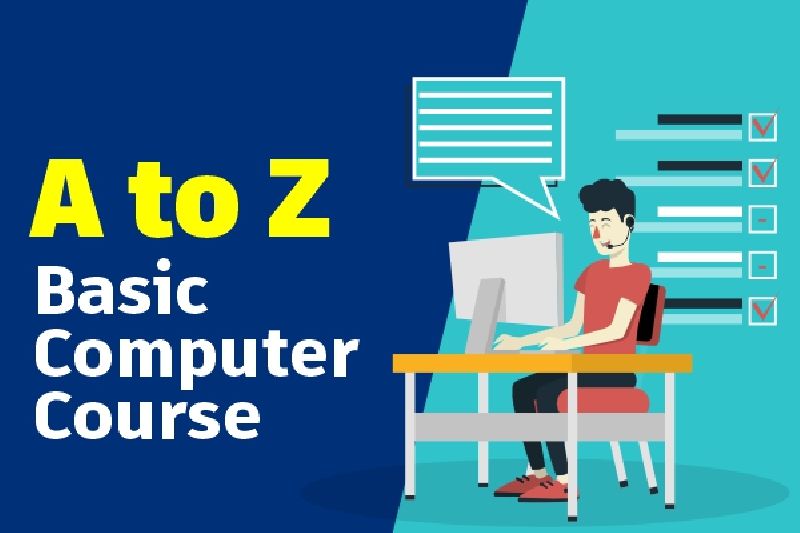
Course Code : BCC
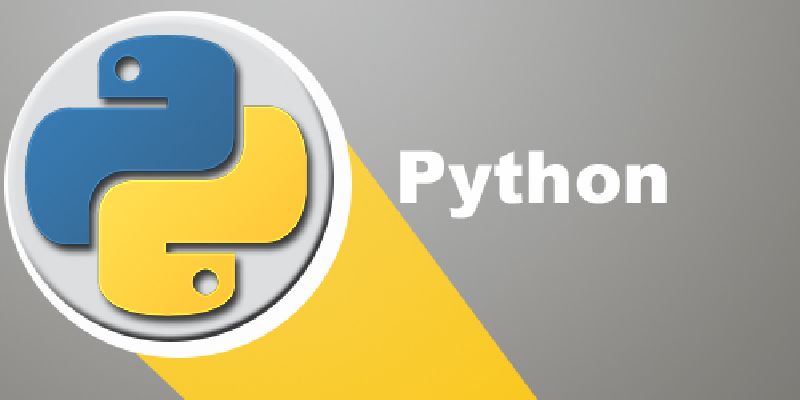
Course Code : PY01
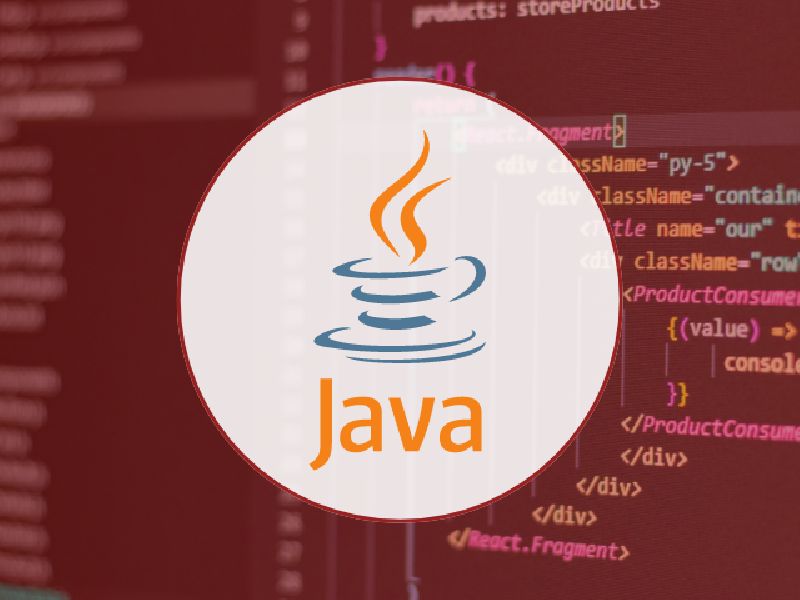
Course Code : JAVA01
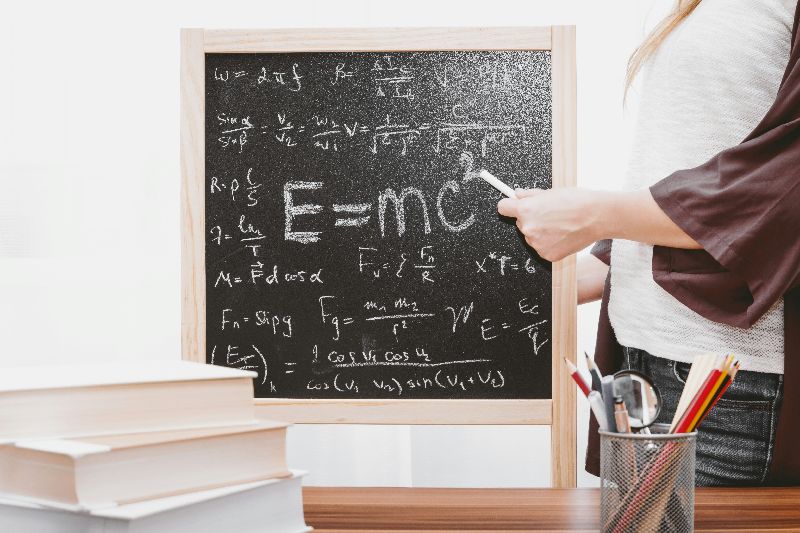
Course Code : NONMED12
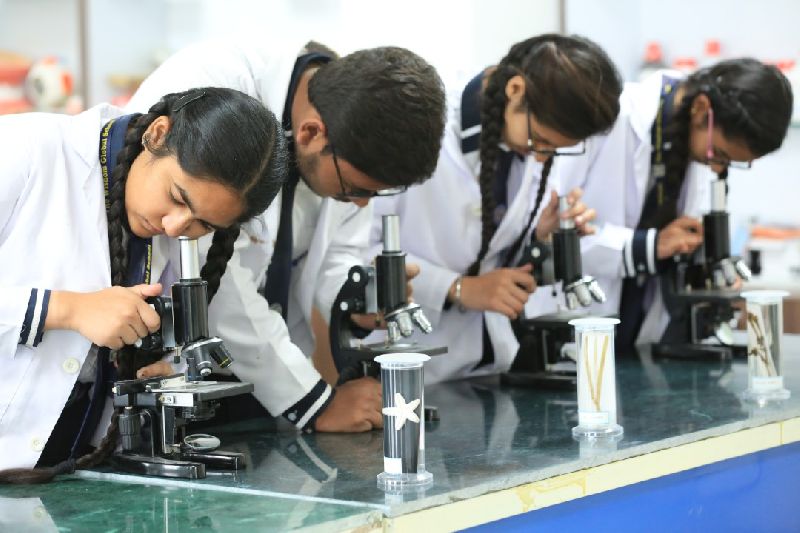
Course Code : MED12

Course Code : COM12

Course Code : ICSE10

Course Code : PSEB10

Course Code : CBSE9
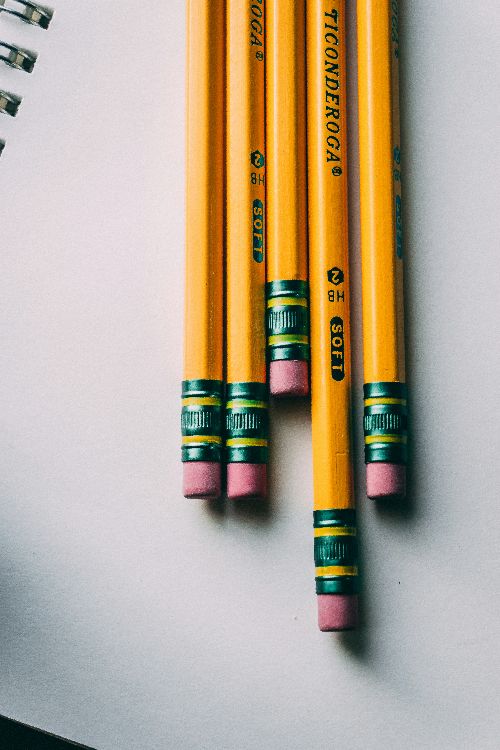
Course Code : ICSE9

Course Code : PSEB9

Course Code : NONMED11
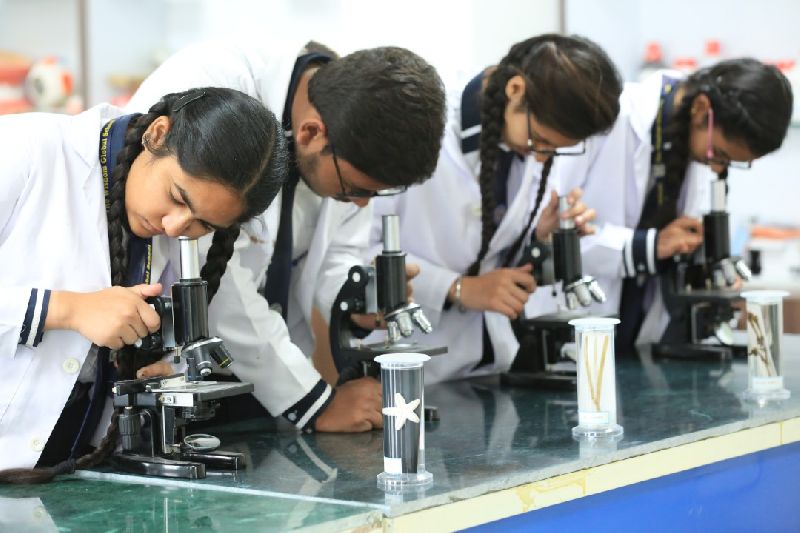
Course Code : MED11

Course Code : COM11

Course Code : IIT-JEE-CC
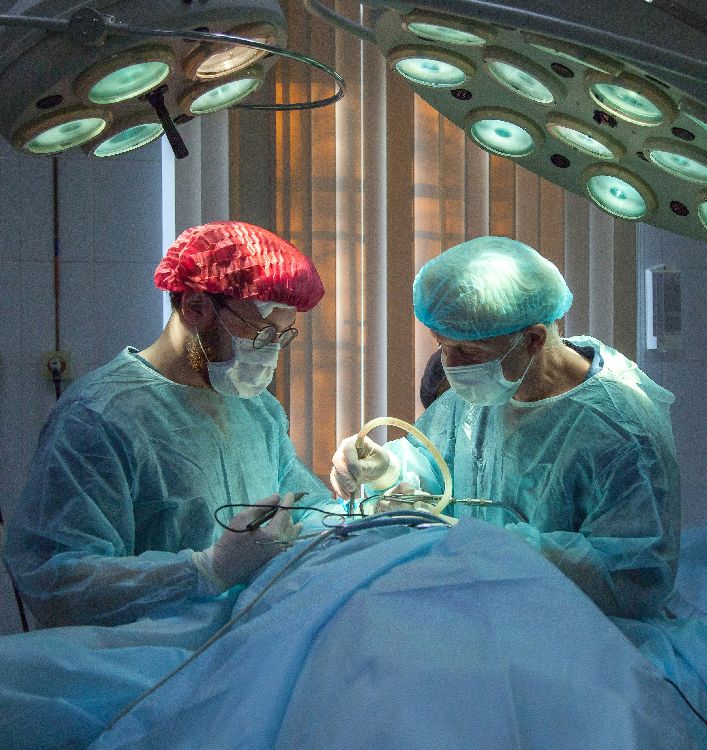
Course Code : NEET-CC
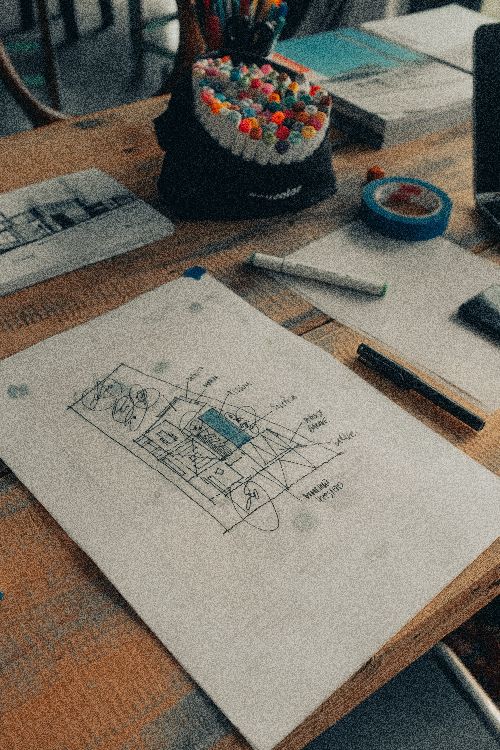
Course Code : NATA-CC
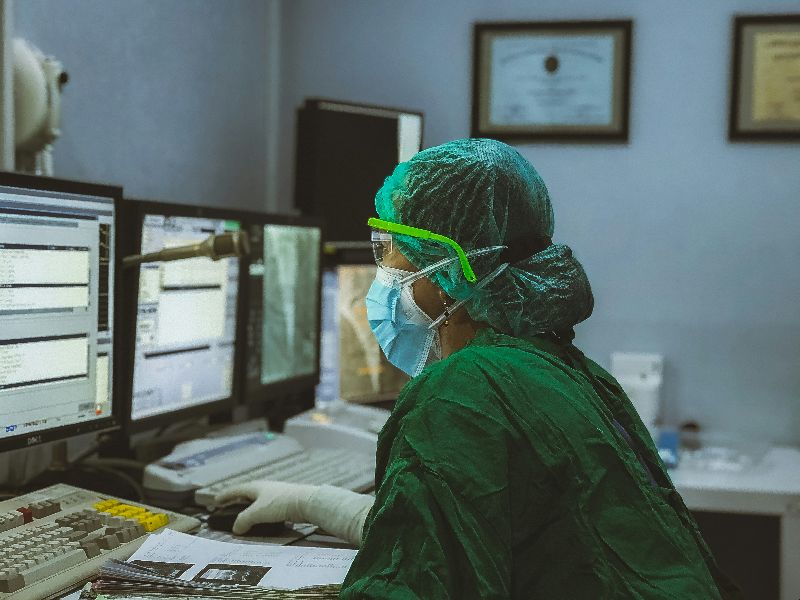
Course Code : PPMET-CC
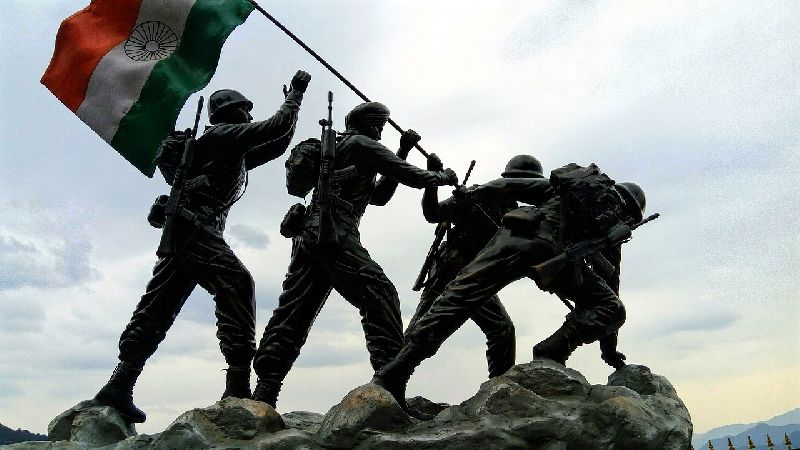
Course Code : NDA-CC
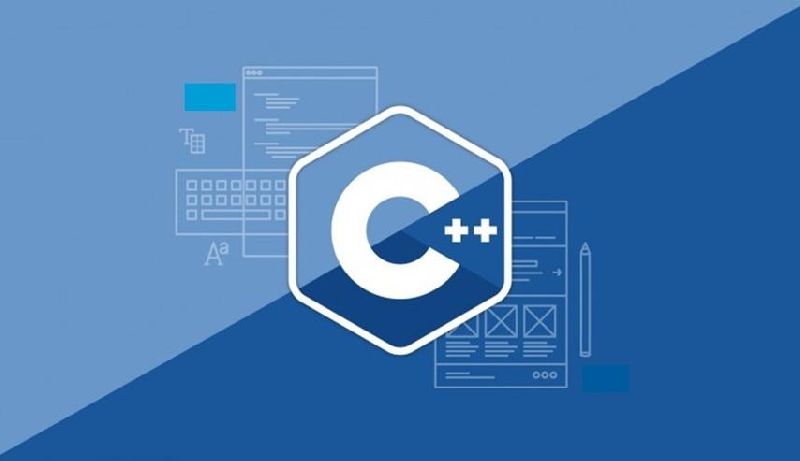
Course Code : CPP
Course Code : FTE
Course Code : SUPERMED11

Course Code : COM12

Course Code : NONMED12

Course Code : MED12

Course Code : ICSE10

Course Code : PSEB10

Course Code : CBSE9

Course Code : ICSE9

Course Code : PSEB9

Course Code : NONMED11

Course Code : MED11

Course Code : COM11
Course Code : SUPERMED11
Course Code : FTE

Course Code : NEET-CC
Course Code : CBSE10
Course Code : SUPERMED12
Course Code : SUPERMED12

Course Code : NONMED12

Course Code : MED12

Course Code : COM12

Course Code : ICSE10

Course Code : PSEB10

Course Code : CBSE9

Course Code : ICSE9

Course Code : PPMET-CC
Course Code : FTE

Course Code : MED11

Course Code : NEET-CC
Course Code : SUPERMED12
Course Code : CBSE10

Course Code : PSEB9

Course Code : NONMED11

Course Code : COM11
Course Code : SUPERMED11

Course Code : PPMET-CC

Course Code : IIT-JEE-CC

Course Code : NATA-CC

Course Code : NDA-CC
Course Code : CBSE10
Course Code : PHY11-12
Course Code : CHE11-12
Course Code : MAT11-12
Course Code : BIO11-12
Course Code : PHY11-12
Course Code : CHE11-12
Course Code : MAT11-12
Course Code : BIO11-12

Course Code : BCC
